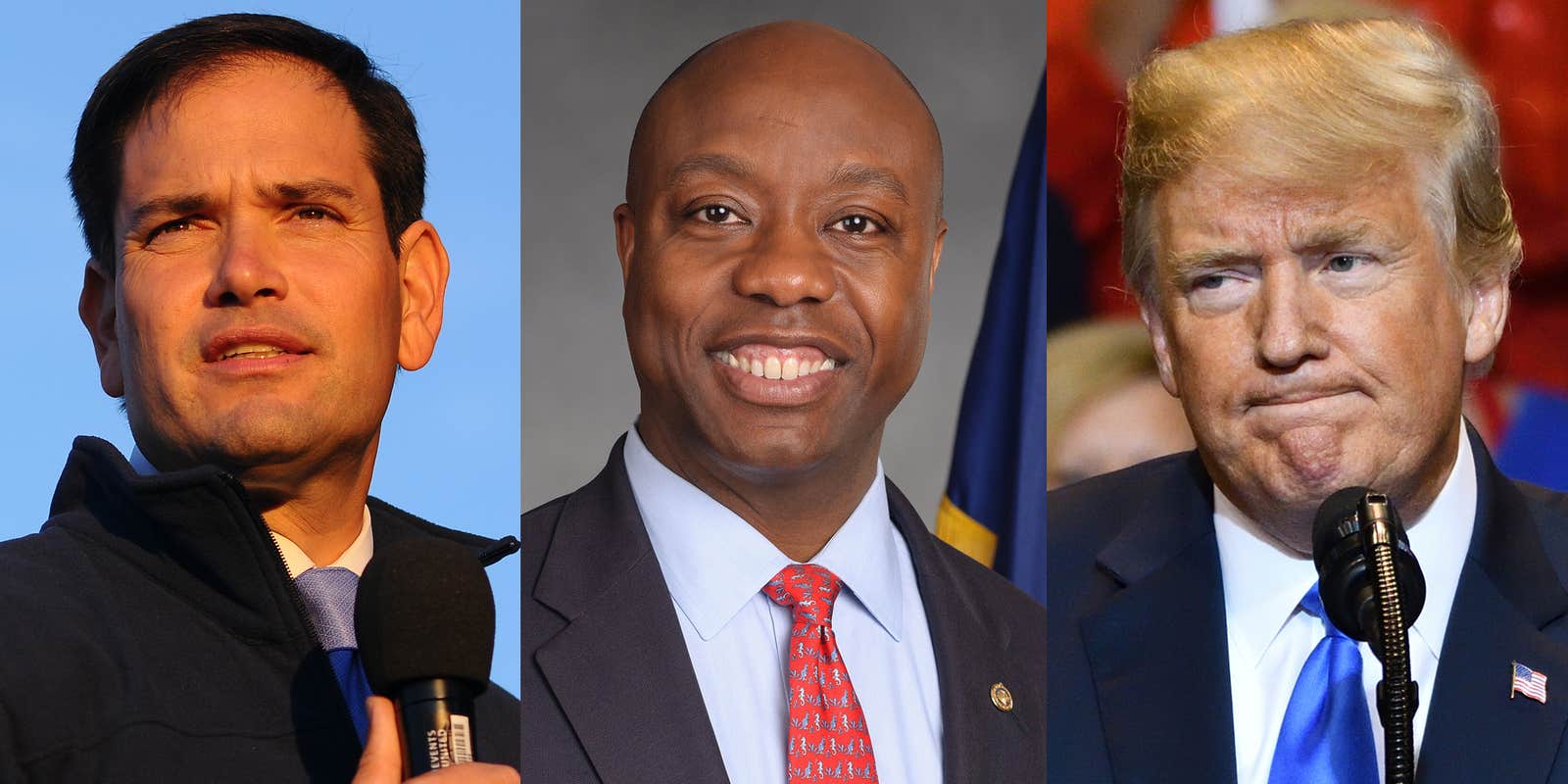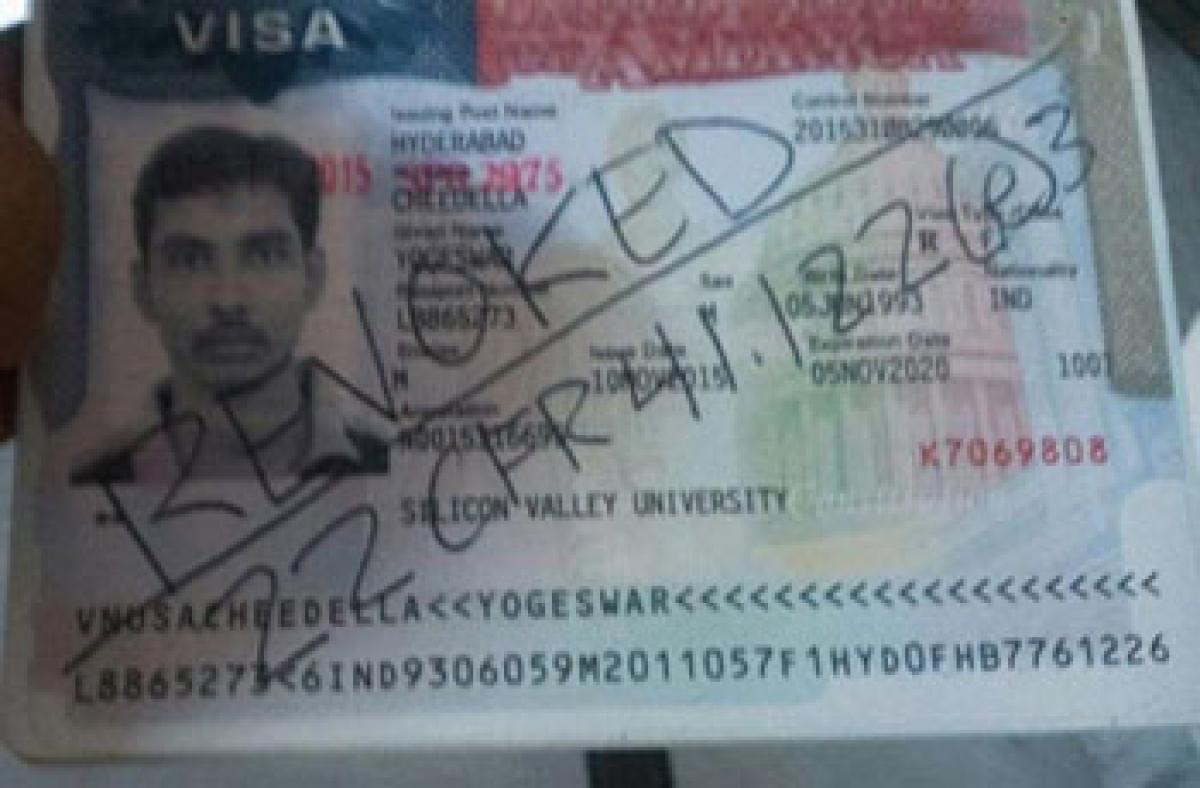Table of Contents
- Canada Records 86% Drop In Indian Student Visas; Internet Asks Who's ...
- Things international students struggle with when moving to America ...
- Why are Indian students being deported from US?
- Exploring US Student Visa Options for Indian Students: From F-1 to EB-5 ...
- F-1 student visas revoked: Indian students fear deportation over social ...
- How Financial Aid Letters Often Leave Students Confused and Misinformed ...
- Conservatives Call to Deport Hamas Protestors
- Entry denied at US immigration US - | | Visa Revoked | US Overstayed ...
- Drastic drop in Indian student visas for Canada, no rebound soon - PUNE ...
- With Over 82,000 Student Visas Granted, India Emerges On Top in Sending ...



The Rise of International Students in the US



The Visa Revocation Trend


Universities like Harvard and Stanford, which have long been accustomed to attracting top international talent, are now finding themselves at the forefront of this visa revocation trend. Students who have had their visas revoked are often left with little recourse, forced to leave the country and abandon their studies. This not only affects the students themselves but also has a ripple effect on the academic community, with professors and researchers losing valuable collaborators and colleagues.


Implications for International Education
The silent revocation of student visas from top US universities has significant implications for the future of international education in the US. If the trend continues, it could lead to a decline in international student enrollment, as students become increasingly wary of applying to US universities. This would not only harm the universities themselves but also the US economy, which benefits greatly from the influx of international students.Furthermore, the revocation of student visas could also have a negative impact on the US's reputation as a hub for international education. If students feel that they are not welcome or that their visas are not secure, they may choose to pursue their education elsewhere. This could lead to a brain drain, with top talent opting for countries with more welcoming immigration policies.
The silent revocation of student visas from top US universities like Harvard and Stanford is a trend that has far-reaching implications for international education in the US. As the US government continues to crack down on immigration, it is essential that universities and policymakers work together to find solutions that balance national security concerns with the need to attract and retain top international talent. By doing so, the US can continue to maintain its position as a leader in international education and innovation.It remains to be seen how this trend will play out in the coming months and years. One thing is certain, however: the US cannot afford to lose its position as a hub for international education. The consequences would be far-reaching, with implications for the economy, academia, and the country's reputation on the world stage. As the situation continues to unfold, one thing is clear: the US must find a way to balance its immigration policies with the need to attract and retain top international talent.
Note: The word count of this article is 500 words. This article is optimized for search engines with relevant keywords, meta description, and header tags.